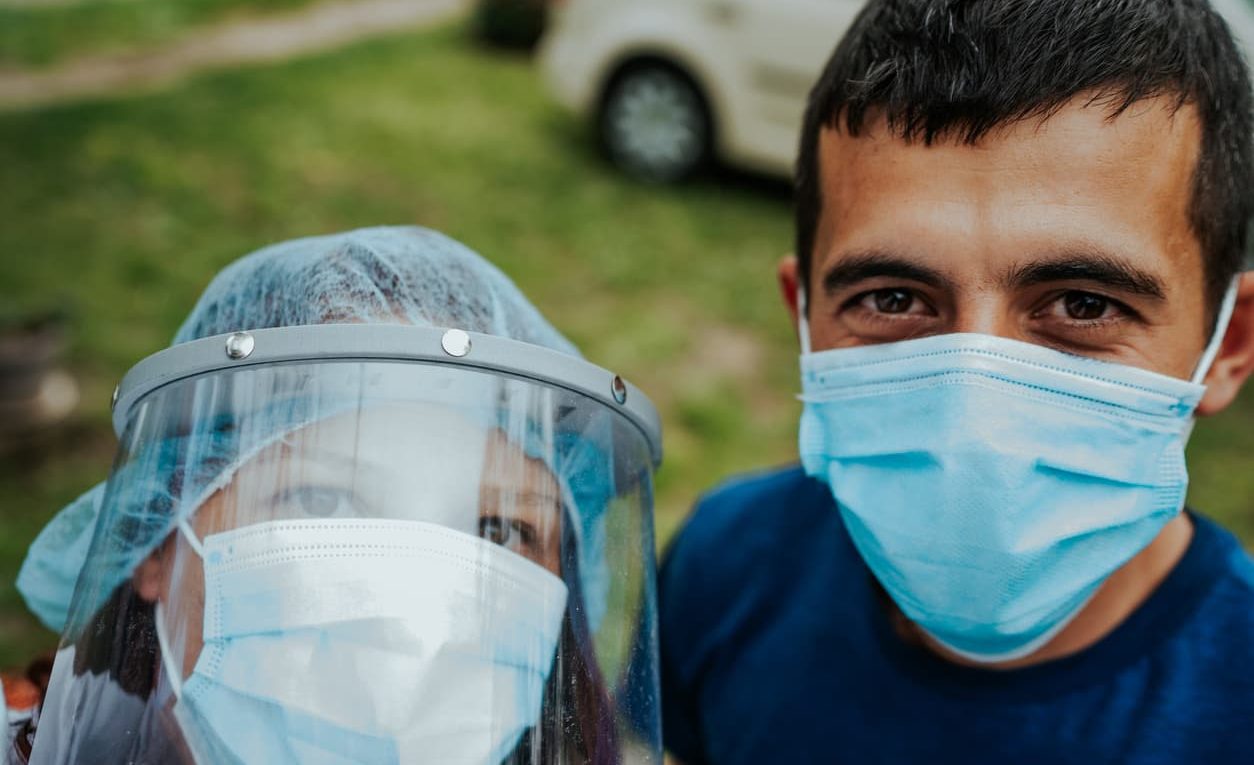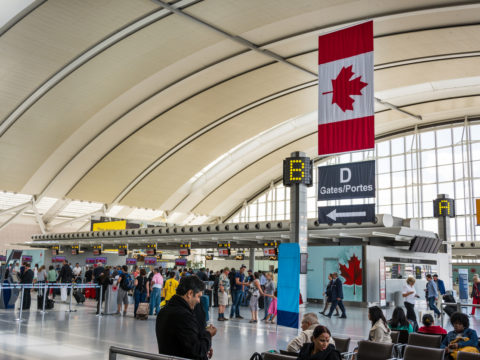
Calls to expand the residency program to all asylum-seeking essential workers are falling on deaf ears from Quebec’s immigration minister.
In August, the government unveiled a new residency program for asylum-seeking frontline healthcare workers who provide direct care to patients. The program would likely apply to approximately 1000 asylum seekers across the country but leaves out thousands of other essential workers with precarious immigration status.
New residency program for frontline healthcare workers
Marjorie Villefranche, executive director of Maison d’Haiti, who met with Quebec Immigration Minister Nadine Girault earlier this month told CBC News:
“How can I explain to the lady or the guy who is cleaning the room full of COVID that they cannot have the visa, but the other one was taking care of the person who is sick can?”
Why are immigration advocates trying to convince Quebec immigration officials to expand the program when it is controlled by the federal government? The answer is, Quebec was in strict opposition to the federal government’s plan to expand the program to other classes of frontline workers.
Quebec’s reluctance to expand the program
Because of Quebec’s reluctance to expand the residency program to other classes of frontline workers, the federal government had to compromise. This compromise is at the heart of the efforts by immigration advocates to pressure Quebec to change course.
One of the potential reasons Quebec has for restricting the eligibility for the program is that Quebec has the majority of asylum cases in Canada. Therefore, any changes to this program would have serious implications for the number of asylum cases in the province. One might think that transitioning asylum seekers to permanent residents would be in Quebec’s best interests, but the current government does not see it that way.
“Where do we draw the line?” said Francois Legault, Premier of Quebec and leader of the Coalition Avenir Quebec (CAQ).
For immigration activists like Villefranche, the line is clear — apply the program to any frontline essential worker with an application for asylum.
“For us, it’s not over. It’s not over. We are still going to ask and to act.”




